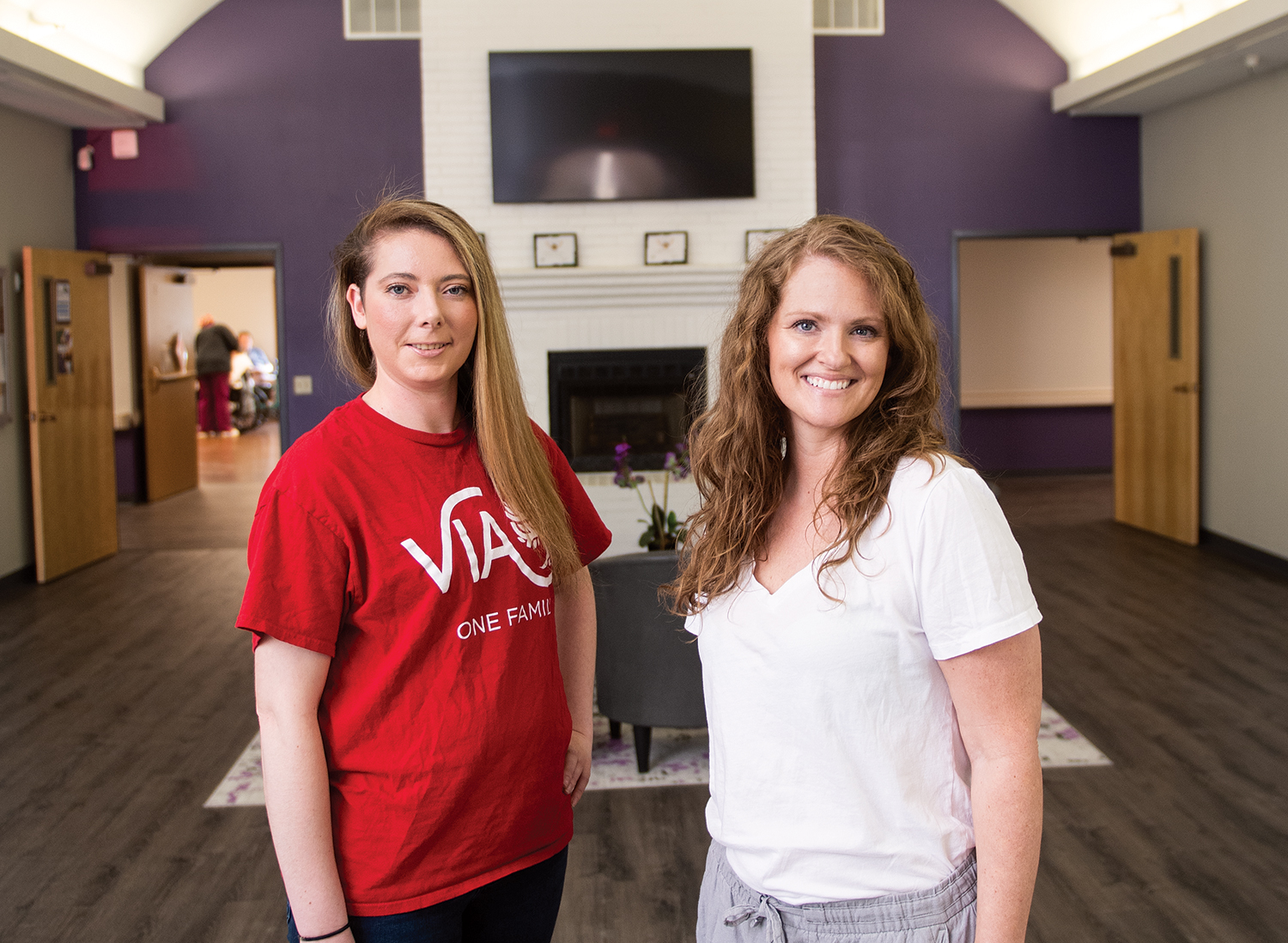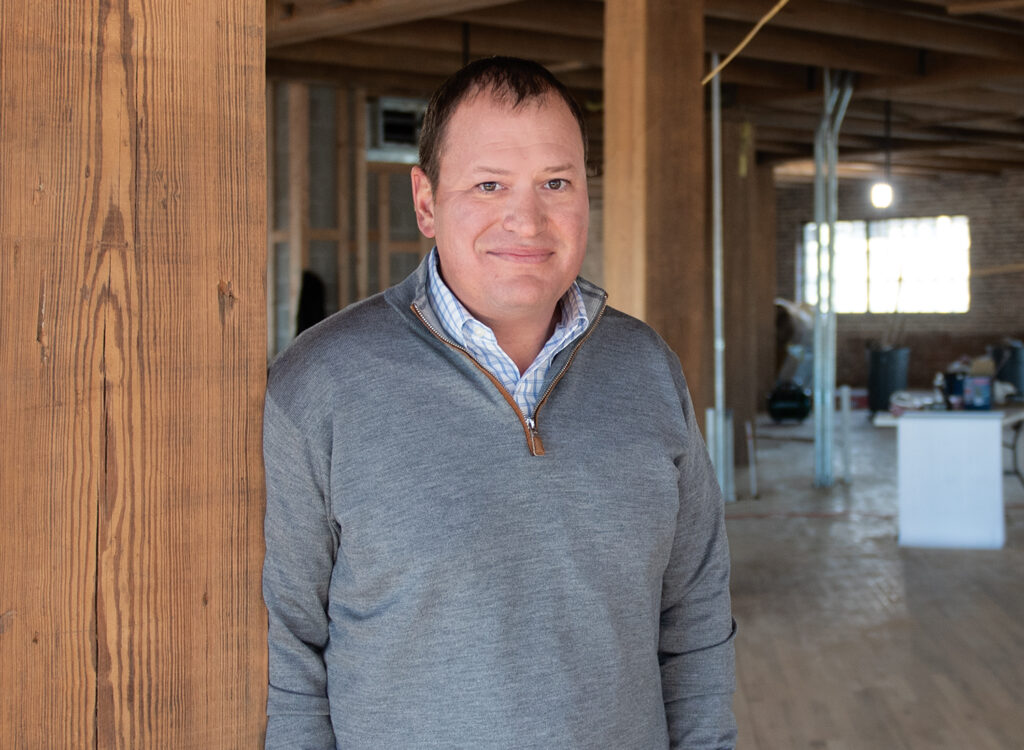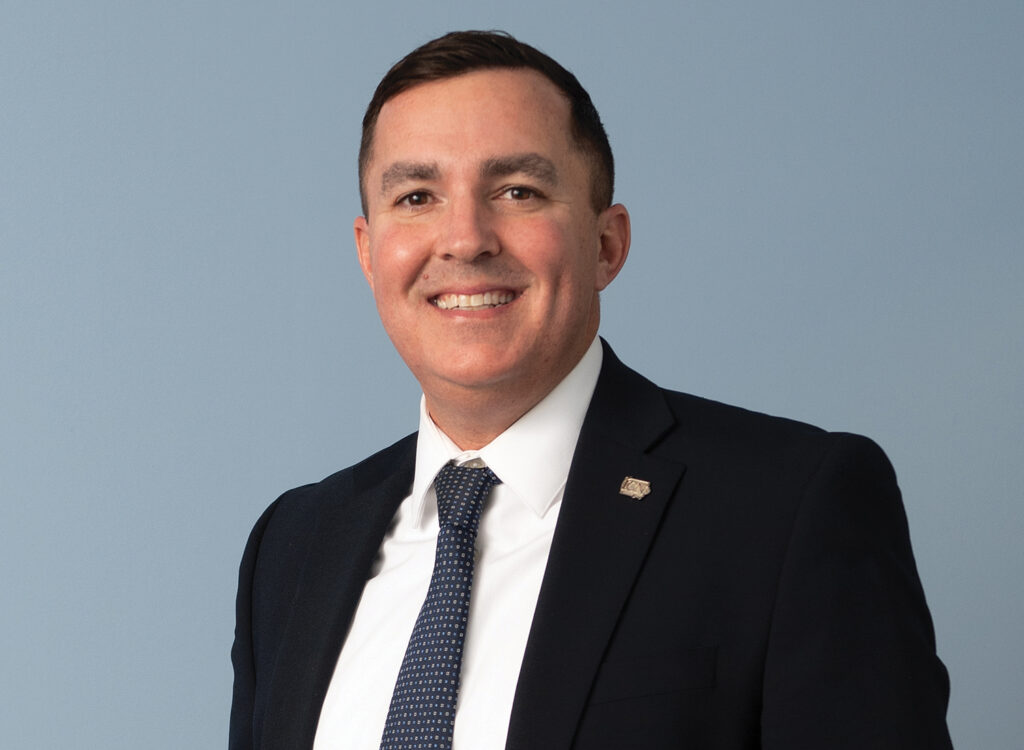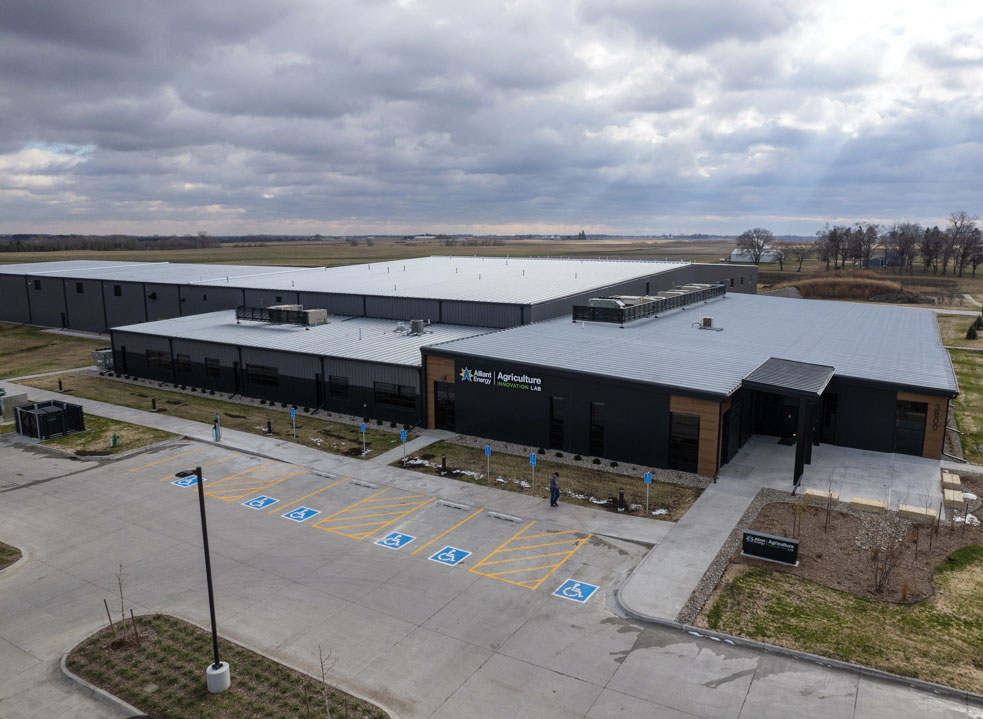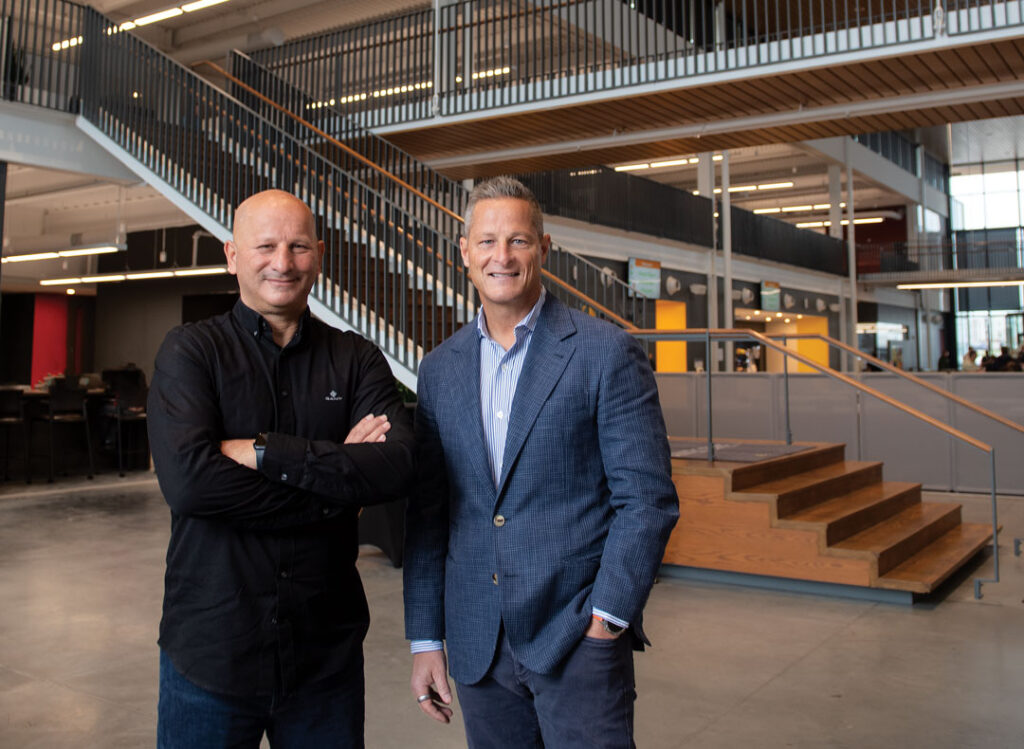Via Health Services answers the call for long-term memory care needs

Joe Fisher Jun 2, 2023 | 6:00 am
4 min read time
900 wordsBusiness Record Insider, Health and WellnessThe story has been far too common across Iowa throughout the last year.
Month after month, news of another nursing home closure leaves communities and families scrambling to find care for loved ones. Since the beginning of 2022, 23 long-term care facilities have closed across the state, according to data from the Iowa Department of Inspections and Appeals.
For people needing memory care, the stress is only elevated by an already apparent lack of options close to home.
Via Health Services’ expansion at two locations put it in a unique position to fill a need. The Central Iowa inpatient, outpatient care facilities provide long-term care, rehabilitation and memory care services.
In the fall, Via Health Services opened its Fleur Heights facility at 4911 S.W. 19th St., a 32-bed women-only facility. Its facility in Carlisle has been a 22-bed unit for more than 20 years. Earlier this year, it was expanded to a total of 30 beds.
Nobody saw the rash of closures coming, Jennifer Conner, president of Via Health Services, said. The facilities’ expansions did not come in response to an expected wave of closures. The facilities were expanded in response to a problem that already existed.
Via Health Services is licensed to care for residents with chronic conduction and dementing illnesses, one of the few in the state with such capability. Caring for these patients requires special safeguards to be in place in the facility, as well as nursing staff with specialized training, including ongoing dementia care training.
“When you have four [chronic confusion or dementing illness] units that close, that puts a big problem in front of everybody trying to find a space that is safe for those residents,” Conner said. “We hate to see other facilities closing. It’s devastating to the industry, to families, employees and communities.”
The closure of nursing homes en masse is unprecedented, but the struggles of the nursing industry since the beginning of the COVID-19 pandemic have been well documented. Burnout hit nursing home nurses especially hard, leaving many to find other employment that is, in Conner’s words, “less detrimental to breaking your heart.”
A gap in Medicaid coverage only added an extra layer of financial stress to the nursing home industry as many residents are Medicaid recipients. The rates Medicaid pays to a facility have not kept up with inflation, according to Conner. Payments are typically lower than the actual costs of service to begin with.
“Fortunately our state has recently recognized this and is taking action to be remedying this big gap between what it costs to provide care and what actual money we are reimbursed,” Conner said.
In April, the Iowa Senate advanced a $2.1 billion health and human services budget that would increase funding for nursing homes, as well as for mental health and drug treatment facilities in fiscal year 2024.
The movement at the Capitol brings a level of new optimism, Via Health Services leaders said. Meanwhile, Conner and Anna Austin, vice president of operations, remain focused on welcoming new residents to its family, which is how they see their residents and staff.
Austin said the chronic confusion and dementing illness facilities that have closed have worked hand in hand with Via Health to make the transition as smooth as possible for residents, often giving at least a 30-day notice in preparation.
“We’ve had patients coming in one or two at a time in the last month or so,” Austin said in March. “It’s not easy for anybody. Let alone an individual with a [chronic confusion or dementing] illness. It takes the support of the family and it takes the support of having the correct environment.”
One feature of a memory care facility that makes it appropriate for those residents is that it is a low-stimulation environment.
Like any other arm of the health care industry, Via Health has learned to be creative in recent years to keep its residents connected to their families. They are encouraged to visit as often as they can, and if that is not always possible, Zoom calls, FaceTime and other remote visits have become commonplace.
Location also has a lot to do with giving residents the right environment. Via Health has worked with families to find facilities closer to home for some who do not have family in Central Iowa, or who may find a better fit elsewhere. Even when Via Health is not the right fit, its leadership team does what it can to help families make the right decisions for them.
“We have some great relationships with facilities around the state,” Austin said. “We all really get to know each other and know each others’ strengths.”
The strain on long-term care facilities will likely continue for some time, but Via Health and collaboration with other organizations are proof that the industry is ready to adjust to the challenges ahead, the leaders said. Conner believes that help is on the way with changes coming from the Statehouse as well. She expects more facilities to begin accepting Medicaid and adding beds to support the aging population.
“This industry is very hard. It’s not for the faint of heart,” Conner said. “You are not going to see a ton of people in this industry that aren’t in it for the right reasons. Families can take solace in knowing that we are here because we care a lot and are very passionate.”
